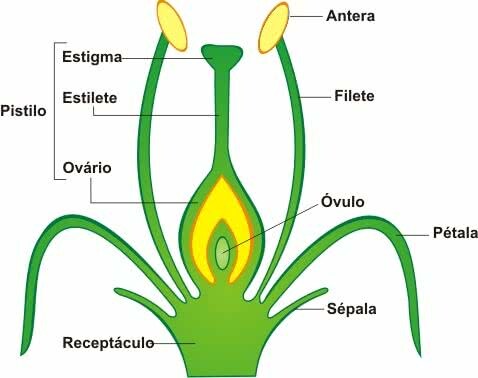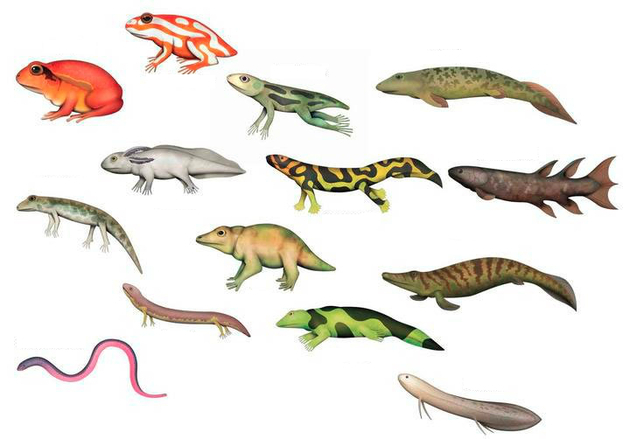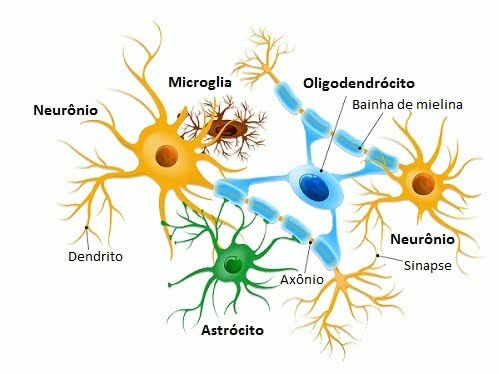Pepsin is the main enzyme produced by the stomach, its function is to protein digestion.
Pepsin is initially released in an inactive form, the pepsinogen. Only when it comes into contact with hydrochloric acid (HCl) does it transform into the active form, pepsin. Pepsin works only in an acidic environment.
Pepsin was discovered in 1835 and its name derives from the Greek "pepsis" which means digestion.
The action of pepsin during digestion
Pepsin acts during the digestion food chemistry. At this stage, food is broken down into smaller parts due to the action of various enzymes present in the digestive juice.
Pepsin is produced by the walls of the stomach. Its action is controlled by gastrin, a hormone that is also produced by the stomach.
When the proteins in the food come into contact with the stomach walls, gastrin stimulates the production of hydrochloric acid, increasing the acidity of the organ to a pH=2.
Low pH interrupts carbohydrate digestion by inactivating the salivary amylase enzyme and denatures proteins, exposing their
peptide bonds. Thus, this acidity creates a favorable environment for the performance of pepsin.Pepsin catalyzes the breaking of peptide bonds and turns large protein molecules into small peptide chains.
Food can spend up to 4 hours in the stomach under the action of pepsin and other enzymes (amylase and lipase). At the end, the food cake turns into chyme and goes to the small intestine.
Learn more, read too:
- Digestive system
- Enzymes
- Proteins



